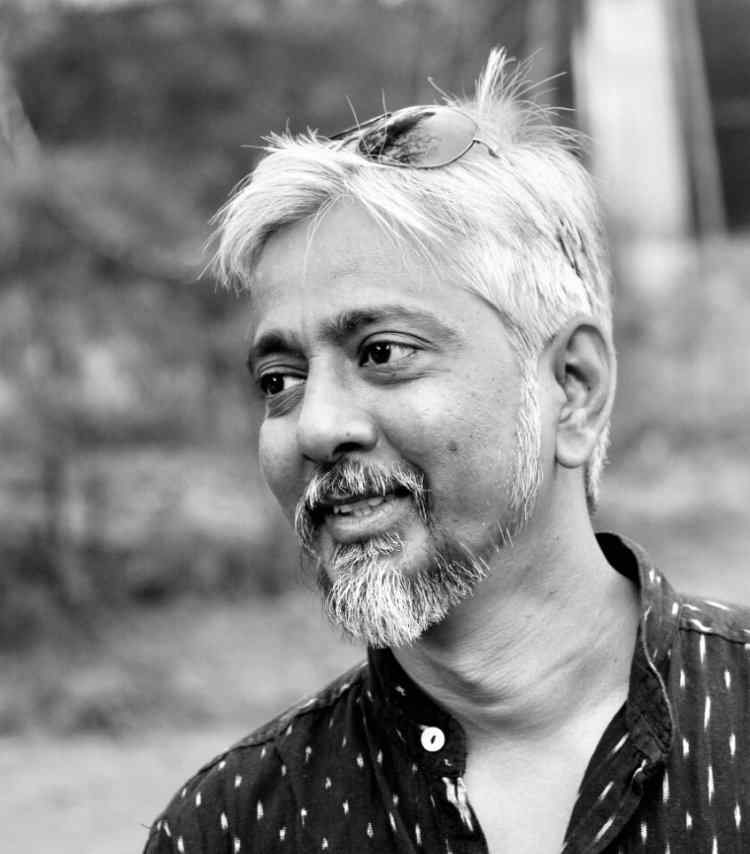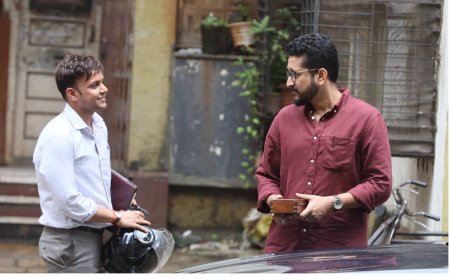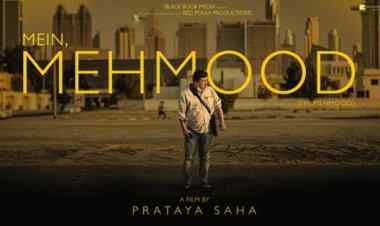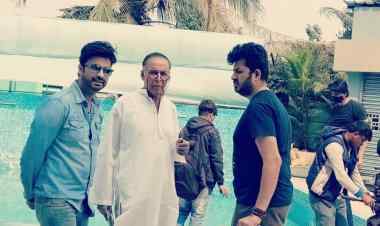Festival Focus: SIGNS 2023, Kerala. Harawale Aahet 6 December 1956 Pasun: A biting reality of contemporary India
'The strength of the story lies in its courage to tackle a salient socio-political reality that has been pushed into relative obscurity and to share a preoccupation with Indian identity and the way in which the country is moving on after 75 years of independence', writes Dipankar Sarkar

Dipankar Sarkar, noted Indian film critic and an alumnus of FTII,Pune writes that the truthfulness with which the story is told enhances its applicability in the present and ensures that the movie, despite its length, sticks with us.
Anand Pande's nineteen-minute long short film Harawale Aahet, 6 December 1956 Pasun (Missing Since 6.12.1956, 2022) focuses on how the importance of one of our nation's most important political figures is defined within the confines of school and office buildings. His contribution to the development of one of the most crucial aspects of Indian politics is limited to the pages of a book or the frame of a photograph. The strength of the story lies in its courage to tackle a salient socio-political reality that has been pushed into relative obscurity and to share a preoccupation with Indian identity and the way in which the country is moving on after 75 years of independence.
Thakare (Praveen Indu) is a schoolteacher who lives with his wife Komal (Anjali Wahul) in a rented house in a small town in Maharastra. One night, as he is working on the voter’s list, his colleague Shivdas (Gajanan Tangade) informs him that he has to rush to the school. On reaching the school, he is informed by the senior teacher that the next day a higher government official will pay a visit, so they need to tidy up their office. As they begin to work, they realise that the photograph frame of an important political leader has gone for repair. Thus, Thakare and his colleagues go on an arduous search to find a replacement for the photograph. But as they ferret around, it is revealed that the inhabitants of the region are suffering from a sense of collective amnesia.
Harawale Aahet 6 December 1956 Pasun has lots of comical moments that is well played with a delicate hand. The desultory, deflated mood that pervades the film is also its main satirical point. As an ideology, when India became democratic it promised not only a better model of society, but also a better standard of living for its citizens. The script of the film is laced with several such comments on a changing Indian society where we have become more worried about our own world of individuals' concerns. It's the kind of film that gently blows away the dirt that has accumulated on our conception of freedom and democracy. What we have become and what we are. The way the film ends with the school's morning routines overwhelms us and makes us think about the direction our country has gone in and how we manage our systems. The truthfulness with which the story is told enhances its applicability in the present and ensures that the movie, despite its length, sticks with us.

Image: Film still
Pande, who also handled the film's camera work, used his frame to emphasise the scenes' reality rather than stylizing them in any way. This enhances the tale and lends a sense of authenticity. The narrative flow is balanced and the simplicity of the story is tightened by Gorakshnath Khande's editing. Although the subject was chosen for its ability to combine form and content, the treatment lacked a novel perspective. But more than anything else, it moves along in an engaging manner, making it a worthwhile endeavour and deserving of our attention.
Harawale Aahet, December 6th, 1956 Pasun will be screened in the Short Fiction Competition section of the 16th edition of SIGNS, to be held in Kerala from February 20–23, 2023.
***
What's Your Reaction?


































































